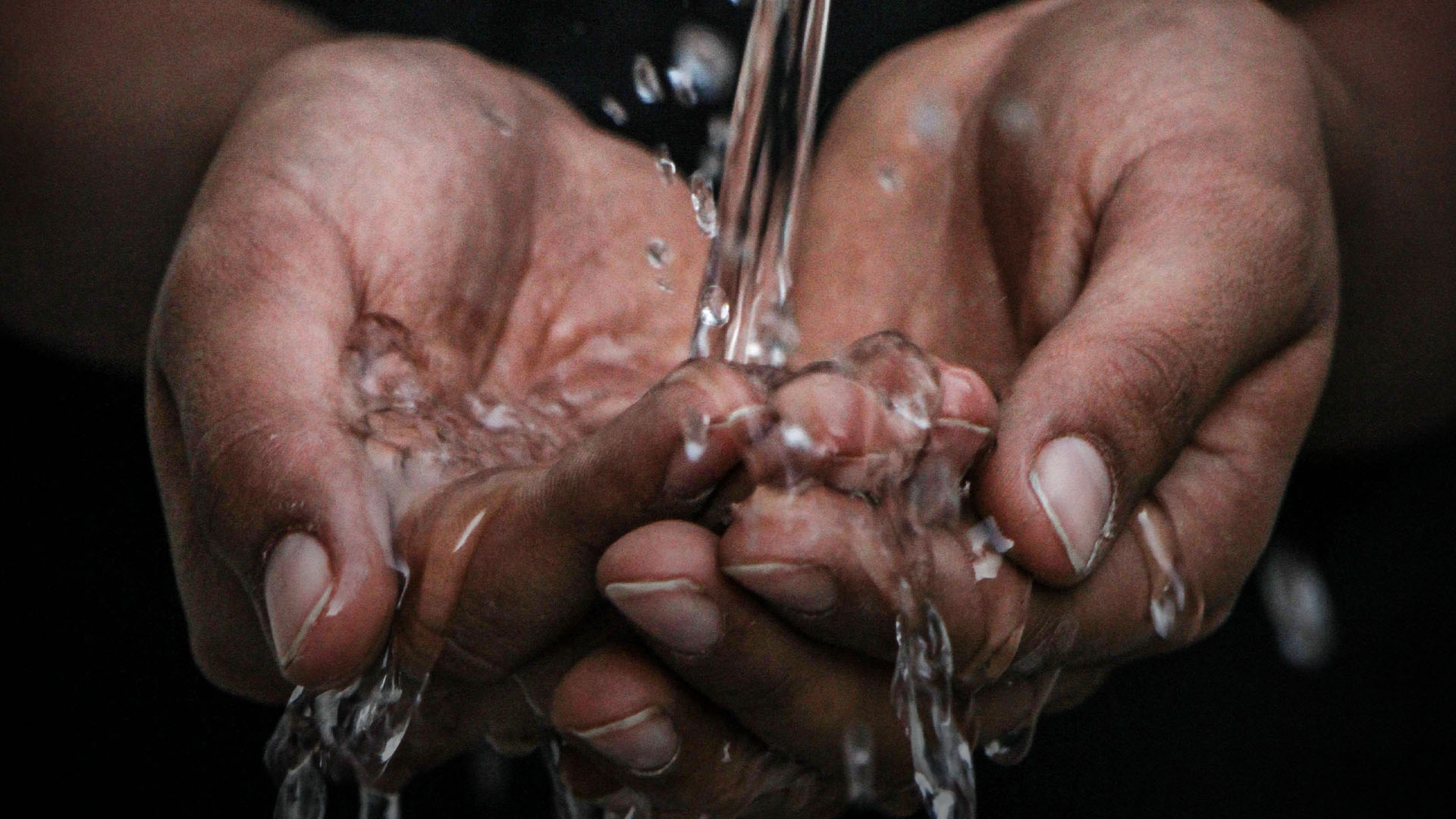Those infected with HIV have many challenges ahead of them, but one of the most basic is the absolutely essential need for clean water.
Rhoda lives in some of the most remote areas of Kenya. During the dry season, “kaskazi” monsoons or hot northeast winds from the Persian Gulf make the normally arid savannahs a veritable dust bowl.
Some areas may go for months without rain. For locals, this usually means drawing water from ponds—while they last—and eventually resorting to trekking to the nearest river.
Once Rhoda’s local water-source dries up, she has to hunt down men who have drawn water from the Migori River and brought it back on donkeys. The river is five kilometers away, a distance many make every day to get water in the dry season, but Rhoda’s health doesn’t allow her to walk that far.
Like many others in Sub-Saharan Africa, she’s suffering from HIV.
Life With HIV in Africa
A government organization, devoted to working with those who have contracted HIV, released disturbing studies for those living with autoimmune diseases in non-Western countries.
“Without HIV medicine, people with AIDS typically survive about 3 years. Once someone has a dangerous opportunistic illness, life expectancy without treatment falls to about 1 year.”
Poverty exponentially increases people’s vulnerability to HIV and related illnesses, especially if they’re women. In Africa, girls are even more vulnerable thanks to a terrible superstition in circulation. “Many men believe, probably correctly, that younger girls are less likely to be infected with HIV,” Susan Brink on NPR explains, “while others hold the mistaken belief that having sex with a virgin can cure AIDS.”
This “virgin cleansing” myth has led to the abuse of girls and increased reach of HIV, which women are particularly shamed for contracting thanks to misunderstandings about the illness and how it’s spread.
Avert, a global organization dedicated to education about HIV and AIDS, notes another problem women are more likely to face since they’re often not allowed to work: “Food insecurity, often linked to poverty…increases both the risk of HIV advancing within the body, leading to ill health, and onward transmission.”
Struggling with an autoimmune disease alongside poverty is a painful challenge for anyone even without the struggle for basic necessities like clean water.
The Blessing of Clean Water
Unclean water is the source of many serious medical issues even for healthy people, but for someone with HIV like Rhoda, it presents a potentially fatal threat.
Most normal bacteria and fungal spores in unpurified water don’t pose much of a threat to someone with a good immune system. To someone with an autoimmune disorder, however, these ordinary pests can cause serious opportunistic infections or even life-threatening diseases.
World Challenge’s partners in Kenya heard about Rhoda’s need and began looking into what it would take to bring well-drillers to the area where she lives.
After some research, though, they found that a well would require a lot of finagling with government agencies and then bringing in other organizations to make sure that the well was drilled in a safe area with enough underground water.
This project would be a protracted one, and Rhoda needed a solution more quickly.
The team began looking at building Rhoda and her neighbors a water tank and gutters where they could collect and safely store rainwater. This would be much cleaner source than the venders who haggled with her for river water.
Now she will be able to stay healthier.
